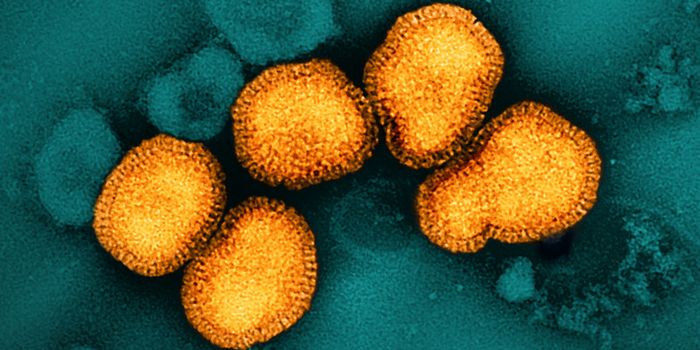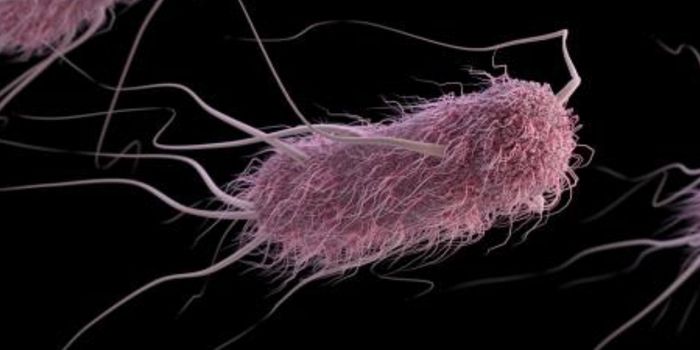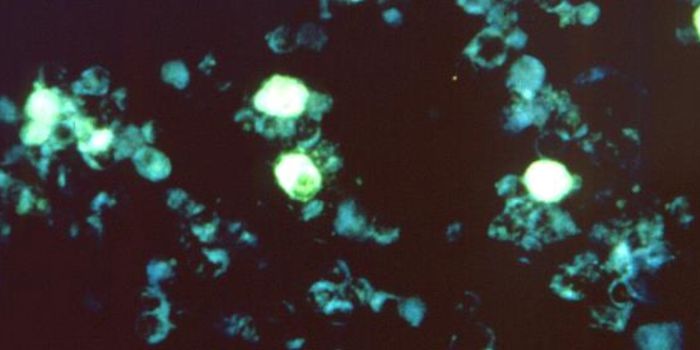Disrupting tRNA in Bacteria - A Way to Fight Antibiotic Resistant Microbes
Antibiotic-resistant bacteria already cause the deaths of around 23,000 people every year, and that number is expected to rise dramatically. For several reasons, antibiotics that were once useful against many bacterial infections are no longer effective, and developing new drugs is critically important to public health. Scientists may have opened up a new avenue to fighting pathogens like E. coli or Salmonella, which are both classified as gram-negative bacteria. Such microbes have an outer shell, making then tough to perforate and kill, and they can also get rid of damaging chemicals by pumping them out. Reporting in Cell Systems, researchers at Jefferson have now found a way to combat both of those defense strategies.
“We showed that interfering with a transfer RNA (tRNA) molecule, in a way that is unique to bacteria, cripples the bacterial cell’s ability to make membrane proteins required for the drug barrier and efflux activity,” said the senior author of the work, Ya-Ming Hou, Ph.D., a Professor of Biochemistry at the Sidney Kimmel Medical College at Jefferson (Philadelphia University + Thomas Jefferson University).
There are several types of RNA molecules (as discussed in the video below); tRNA helps the cell build proteins from amino acids. In bacterial cells, a chemical tag called a methyl group sometimes adorns tRNA, which doesn’t happen to human tRNA. Hou’s team exploited that difference to create a drug. The researchers found that when methyl groups are lost from a particular spot on several bacterial tRNAs, the machinery in the bacterial cell was more likely to make mistakes when it created new proteins for the cell membrane.
Hou hypothesized that a methylation defect on bacterial tRNA might disrupt the pumps that remove toxins from the bacterial cell as well as other critical proteins that sit in the membrane. The team genetically-engineered bacteria that could not methylate their tRNA properly. The scientists found that in these engineered microbes, the membranes were more permeable and not as cohesive as they normally would be, they couldn’t pump out toxins as efficiently, and they were more susceptible to antibiotics. Importantly, their ability to develop drug resistance was reduced.
“Speed of killing is important in antibiotics,” said Hou. “The longer it takes for bacteria to die from antibiotics, the more likely they are to develop resistance.”
Some pharmaceutical companies have created drugs that can stop an enzyme from methylating tRNAs, but there are challenges. These drugs can’t penetrate the bacterial membrane - a common problem seen in antibiotic development.
“First, we need to formulate the inhibitors in such a way as to be able to enter the cell more effectively,” noted Hou. “Then, combining these inhibitors with traditional antibiotics to kill bacteria faster and reduce the likelihood of antibiotic resistance.”
While there aren’t any current drugs that can impact this process, Hou’s lab is at work on drugs that can disrupt it.
Sources: Phys.org Via Thomas Jefferson University, Cell Systems









